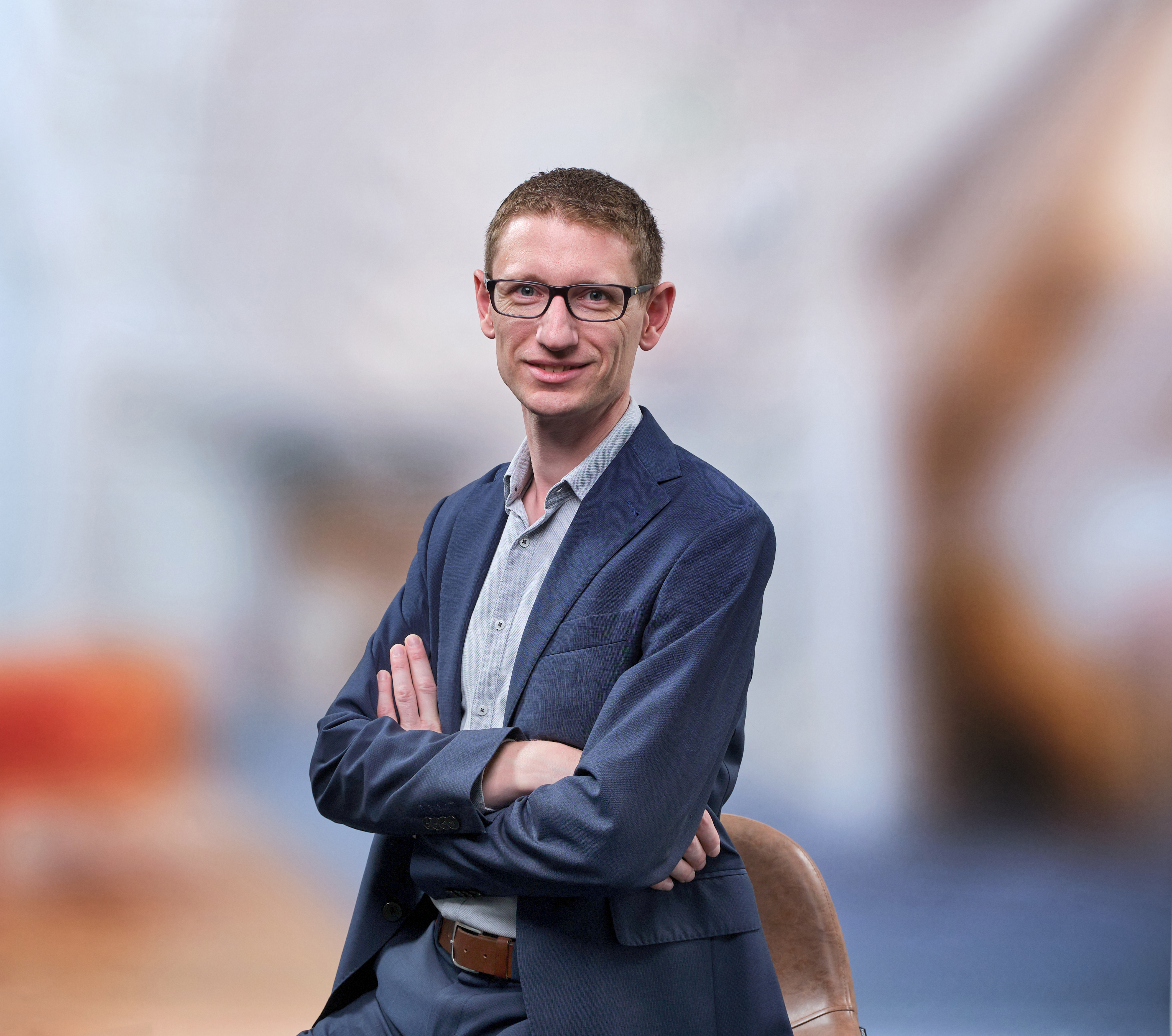Talk with the professors - Mark de Reuver
Mark de Reuver
Dr.ir. G.A. (Mark) de Reuver is an Associate Professor, focuses his research on Digital Platforms in Engineering Systems, specifically interested in architectural design choices, openness, and business models. He has 128 publications in Research Gate (https://www.researchgate.net/profile/Mark-De-Reuver), and his works have been cited 3,314 times.
According to you, why should engineers choose to pursue MOT?
Technology is on the agenda of any business today. For instance, digitalization is changing the business model of many companies. There is a high demand for engineers that understand technology and business. With that, I mean understanding a technological domain in-depth, while at the same time being able to solve high-level managerial issues in that domain. With trends like AI, industry convergence and societal transitions, this combination of skills will become only more important.
What should students expect from the MOT programme?
MOT students have passed challenging bachelor programs in a STEM discipline, so they can be confident of their skills. MOT is, however, really something different. You learn a broad range of disciplines, such as finance, economics, innovation management, and responsible innovation. And you learn how to integrate those insights and apply them to solve issues in management problems. In my own course on research methods, you quickly learn a variety of research methods to solve MOT problems.
What do you think makes MOT different from other programmes in management?
MOT is unique as you receive a management program on top of your engineering training. It’s given at a technical university. This means that technology is always a focal point. Moreover, your fellow students have all completed training in an engineering discipline.
Also, the program is two years, which allows us to give a depth and broadness that is typically not found in other programs.
What is your research area and how this relates to the MOT programme?
I study digital platforms, and their impact on business models and ecosystems. In platforms such as those for mobile payment, there are technological issues (e.g., where to place the intelligence?) and business issues (who is allowed to offer payment services?). I always want to understand the underlying technology, whether that’s privacy-preserving technologies or mobile technologies. But my research
focuses on the interplay between the technology and management issues. In that sense, it is very much in line with the MOT focus.
Can you tell us in short about the ICT specialization and its career prospects?
Students will be provided with knowledge and capabilities to design and manage ICT artefacts in organizations. They are expected to translate new innovative ICT applications to organizational opportunities, like what to do with blockchain, Internet-of-things or social media from a business perspective. But there is also attention for increased internal efficiency and effectiveness, enabled by ICT applications, like cloud computing.
We educate students to become ICT-managers, ICT-architects, high-tech entrepreneurs, and consultants. To understand and to be able to design and manage ICT, both on an organizational and engineering level, within (ICT) organizations. More general managers basically lack this know-how and are not able to make use of all the opportunities ICT offers.
How has your experience been at the faculty of TPM?
I have been at the faculty for many years, more than half my life in fact! But the faculty has changed a lot: for instance, becoming more international. The great thing about TPM is collaboration: every faculty member is strong research in their own discipline, and eager to collaborate with others – to look beyond their discipline.
